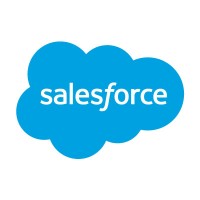
Enterprise Security BISO
Salesforce
Posted: 55 days agoAWSAzureCloudCyber SecurityGoogle Cloud PlatformSDLCSplunk

Senior Manager, Security & Compliance
webAI™
Posted: 18 minutes agoTypeScript

Integrated Campaign Manager, AI Security
Lakera
Posted: 1 hour ago
Field Events Manager, AI Security
Lakera
Posted: 1 hour agoCyber SecuritySFDC

Cybersecurity Architect
GM Financial
Posted: 2 days agoAWSAzureCloudCyber SecurityFirewallsGoogle Cloud PlatformKubernetes

Senior Cybersecurity Solution Analyst
Pacific Gas and Electric Company
Posted: 3 days agoCyber Security
Select a job to see details.